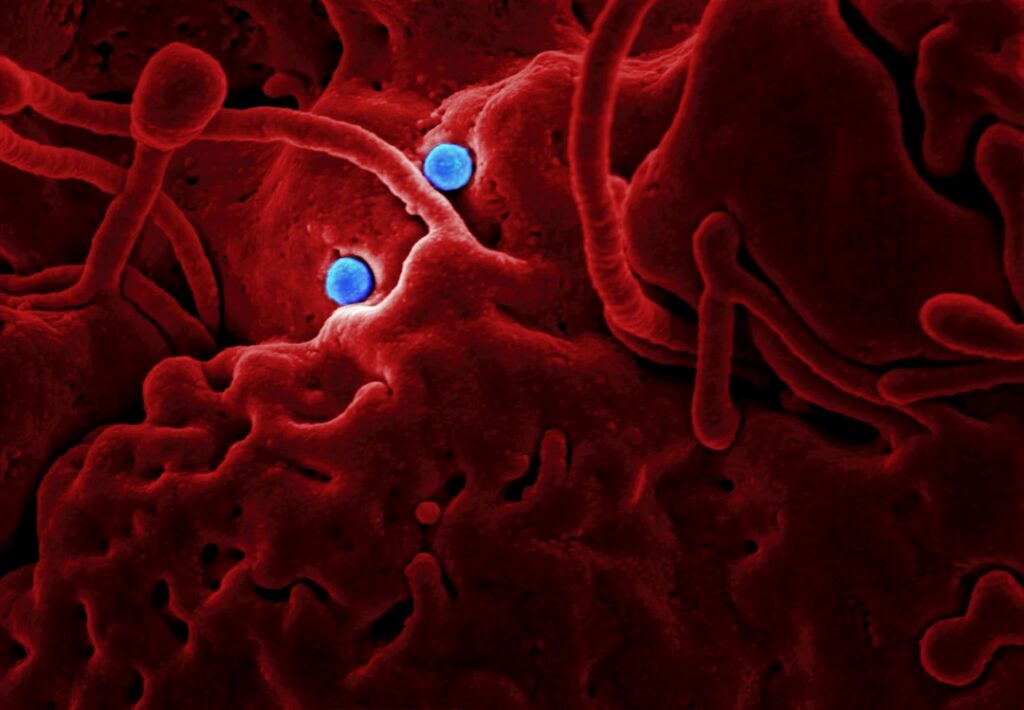Traffic jams are a common occurrence in cities around the world, causing frustration and inconvenience for millions of people on a daily basis. These congested roads can have a significant impact on people’s lives, affecting their mental health, daily routines, physical well-being, and even the environment. In this article, we will explore the various aspects of traffic jams and their effects on different aspects of life.
Understanding the Psychology of Traffic Jams
Traffic jams occur due to a combination of factors, including road capacity, traffic volume, and human behavior. When there are more vehicles on the road than the infrastructure can handle, congestion occurs. However, human behavior also plays a significant role in traffic flow. Factors such as aggressive driving, lane changing, and rubbernecking can contribute to traffic jams.
The Impact of Traffic Jams on Mental Health
Traffic jams can have a detrimental effect on mental health. The stress and anxiety caused by being stuck in traffic for extended periods can lead to frustration, irritability, and even road rage. Studies have shown that long-term exposure to traffic congestion can increase the risk of mental health disorders such as depression and anxiety.
How Traffic Jams Affect Your Daily Life
| Impact of Traffic Jams on Daily Life | Statistics |
|---|---|
| Increased Stress Levels | 60% of drivers report feeling stressed in traffic jams |
| Wasted Time | 42 hours per year are wasted in traffic jams for the average American driver |
| Increased Air Pollution | 30% of air pollution in cities is caused by traffic congestion |
| Increased Fuel Consumption | Extra fuel consumption in traffic jams can cost drivers up to 1,000 per year |
| Increased Risk of Accidents | 30% of all car accidents occur in heavy traffic or congestion |
Traffic jams can significantly impact daily life. The time wasted sitting in traffic can lead to decreased productivity and increased stress levels. People may arrive late for work or appointments, causing further stress and potential consequences. Additionally, traffic congestion can affect personal relationships and social life, as people may be less inclined to make plans or attend events due to the uncertainty of travel times.
The Physical Effects of Traffic Jams on the Body
Prolonged sitting in traffic can have negative effects on physical health. Studies have shown that sitting for long periods increases the risk of obesity, heart disease, and other chronic conditions. Additionally, the sedentary nature of being stuck in traffic means that people are not engaging in physical activity, which is essential for maintaining overall well-being.
The Role of Technology in Reducing Traffic Jams

Technology plays a crucial role in managing traffic flow and reducing congestion. Intelligent transportation systems, such as traffic signal optimization and real-time traffic information, can help improve traffic flow and reduce delays. Additionally, advancements in autonomous vehicles and smart infrastructure have the potential to revolutionize transportation and further reduce traffic congestion.
Coping Strategies for Dealing with Traffic Jams
While stuck in traffic, there are several coping strategies that individuals can employ to reduce stress and anxiety. These include listening to calming music or podcasts, practicing deep breathing exercises, or using mindfulness techniques. Additionally, making the most of the time spent in traffic by listening to educational audiobooks or language lessons can help turn a negative experience into a productive one.
The Economic Costs of Traffic Jams
Traffic jams have significant economic costs for individuals and businesses. The time wasted sitting in traffic translates into lost productivity and increased fuel consumption. Additionally, businesses may incur additional costs due to delayed deliveries or missed opportunities. On a larger scale, traffic congestion has a substantial cost to society as a whole, including increased healthcare expenses and environmental damage.
Environmental Impacts of Traffic Jams
Traffic jams contribute to air pollution and climate change. The idling vehicles emit harmful pollutants such as carbon dioxide, nitrogen oxides, and particulate matter, which have detrimental effects on air quality and human health. Additionally, the increased fuel consumption associated with traffic congestion contributes to greenhouse gas emissions and exacerbates climate change. Wildlife and natural habitats are also affected by the fragmentation caused by roads and highways.
The Relationship Between Traffic Jams and Road Rage
There is a strong connection between traffic congestion and road rage incidents. The frustration and stress caused by being stuck in traffic can lead to aggressive driving behaviors such as tailgating, honking, and even physical altercations. Road rage incidents can escalate quickly and pose a significant risk to the safety of all road users.
Innovative Solutions for Reducing Traffic Jams
Around the world, there have been successful traffic management strategies implemented to reduce congestion. These include implementing congestion pricing, improving public transportation systems, and promoting alternative modes of transportation such as cycling and walking. Additionally, new technologies such as connected and autonomous vehicles have the potential to further reduce traffic congestion in the future.
Traffic jams have a profound impact on various aspects of life, including mental health, daily routines, physical well-being, the economy, the environment, and road safety. It is crucial for individuals and society as a whole to work towards reducing traffic congestion through innovative solutions and changes in behavior. By prioritizing sustainable transportation options and investing in smart infrastructure, we can create a future with less congestion and a better quality of life for all.






